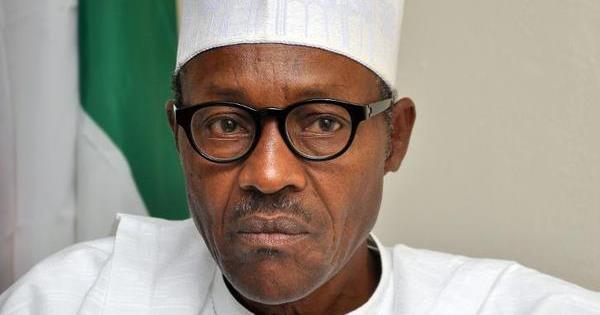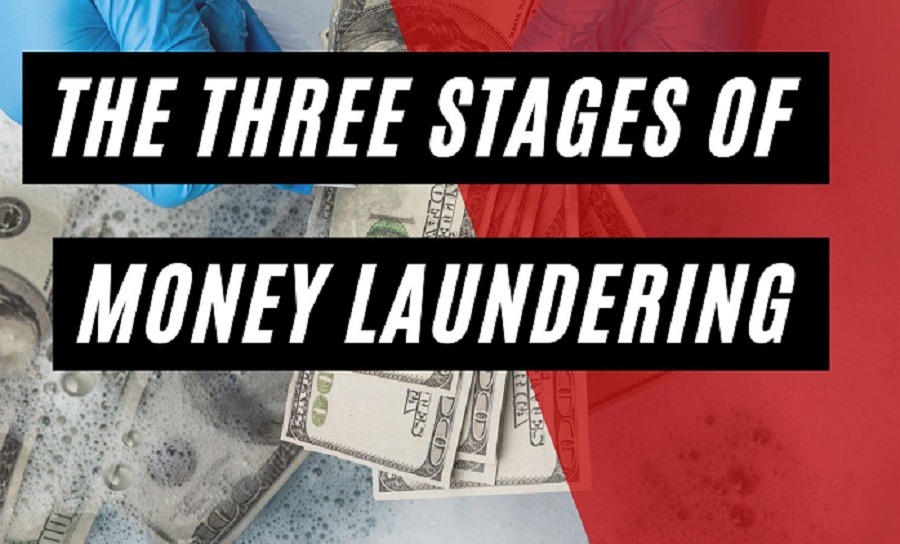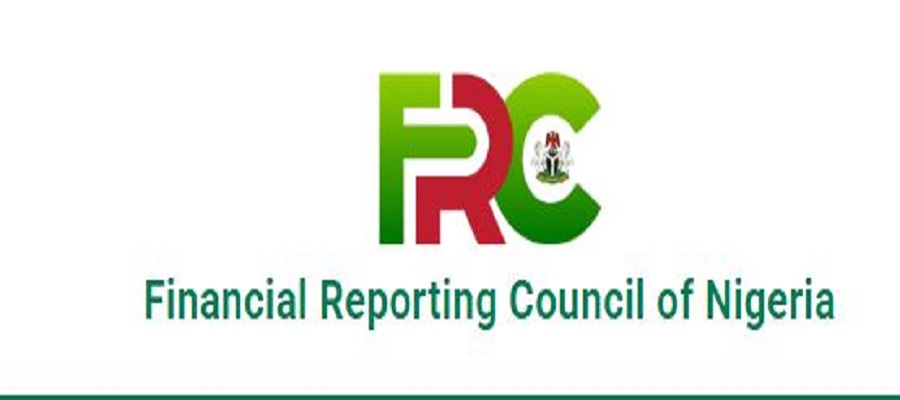General News
A Rough and Rocky Road Ahead for Nigeria’s Economy?

By Lukman Otunuga, Senior Research Analyst at FXTM,
Africa’s largest economy commenced the final quarter by facing some of the biggest protests witnessed since military rule ended in 1999.
The protests boiled over during an already turbulent and rocky time not in the local but global economy. The cumulative effects of the COVID-19 pandemic lockdowns and other restrictions triggered a downturn together with a sharp increase in public debt. Given the resulting uncertainty from the protests, financial markets were spooked once again with the strong knock-on effects hitting Nigeria’s stock market and international bond while further clouding its economic outlook.
Before this development, the International Monetary Fund (IMF) projected a 4.3 percent contraction in GDP because of COVID-19. Depressed Oil prices enduring a prolonged lapse in demand has not helped matters with the aftermath of the protests projected to cost over N700-billion Naira in output – something that may drag on real GDP.
Inflation becoming a cause for concern
Nigeria has been scarred by three consecutive quarters of rising inflationary pressures, shaky economic fundamentals, Dollar scarcity and low Oil prices. A 24-hour curfew imposed on Lagos worsened the outlook for the already fragile economic landscape and local businesses which bore the marks of deep wounds from COVID-19.
Inflation rose for 13 months straight, hitting 13.71 percent in September. Price increases were seen mainly in medical treatment, electricity, food supplies and passenger air travel but so far have not impacted the Oil industry. This is a welcome development given that Oil accounts for over 90 percent of export earnings and 70 percent of government revenues.
Banks clamp down on speculation
Focusing on the Naira, the banking system clamped down on speculation and limited foreign exchange transactions by individuals and corporations. The intention was to stabilise the currency which was at the centre of a perfect storm of low Oil prices, Dollar scarcity and a weaker economy.
The results of the foreign currency restrictions in the banking sector remain to be seen.
External pressures likely to influence outlook
Presidential elections in the US added to the uncertainty prevailing around Nigeria’s economic outlook, especially when it comes to Oil prices. According to national polls, Democrat challenger Joe Biden is leading the incumbent Donald Trump but electoral polls are the kind of forecast that can change last minute. Whatever the political race’s outcome, the result is critical for the US and global economy and may heavily influence the financial markets.
When it comes to Oil, Trump’s policy of backing the US Shale industry and ramping up US Oil production may fall by the wayside in the case that Biden wins the election. In turn, this could pressure global Oil prices and send them even lower. The downside scenario may weigh on Nigeria’s economy in spite of its efforts to diversify and reduce its reliance on the Oil industry.
A Trump win may increase confidence in the Oil markets in the short term but in the medium term, COVID-19 is still the main problem for Oil demand. OPEC forecasts lingering effects of COVID-19 on the Oil markets and in the long term, sees demand for the fossil fuel reduced by green and renewable energy sources like hydrogen.
Nonetheless, Oil will continue to have the largest share of the energy mix until 1945, according to OPEC.
In summary, Nigeria’s economy faces unprecedented headwinds in the fourth quarter and in the first quarter of 2021. The challenge is to get through the storm of a weakened economy facing internal and external threats and reach a place where there is smoother sailing. Now more than ever, it is important to keep diversifying the economy and make provisions for a calmer future where Nigeria can recover from its recent trials.
General News
NCS to Launch Electronic System for Cash Declarations at Airports

Nigeria Customs Service (NCS) is set to introduce an electronic declaration system to streamline and enhance compliance for travelers carrying cash into or out of Nigeria.

Speaking in an interview with the News Agency of Nigeria (NAN) in Abuja, Abdullahi Maiwada, NCS spokesperson, emphasized that the initiative aligns with efforts to strengthen Nigeria’s anti-money laundering framework and reinforce financial regulations.
“The Nigeria Customs Service (NCS) has announced the deployment of an Electronic-Currency (E-Currency) declaration form as part of its anti-money laundering measures for travelers carrying cash into and out of Nigeria,” NAN reported. The system will require travelers carrying amounts exceeding the legal threshold to declare them before arrival or departure.
Maiwada further explained the process, stating, “We have developed a system where, even before leaving your point of origin, you can scan a QR code, access the form, fill it out, and we will be able to see it from here.”
He noted that the initiative, set for rollout soon, will enhance monitoring and facilitate information sharing with relevant authorities.
Under the Anti-Money Laundering (Prevention and Prohibition) Act 2022 and the NCS Act 2023, travelers carrying over $10,000 (about N15.4 million) or its equivalent in negotiable instruments must declare the funds to Customs authorities.
To boost awareness, the NCS is working with airline operators to inform travelers through onboard announcements and plans to reinstate signage at airports and border points in English and French.
The move comes as part of broader efforts to tighten financial controls following a recent case at the Murtala Muhammed International Airport (MMIA), where Customs officials seized $578,000 from a passenger attempting to evade currency declaration regulations.
General News
Aquaterra Energy Secures Multi-million-dollar well Intervention Contract with Intrepid Energy in Nigeria

Aquaterra Energy, a leader in offshore engineering solutions, has secured a multi-million-dollar, multi-year contract with Intrepid Energy Limited (IEL) to deliver a bespoke subsea well intervention equipment package for a project in Nigeria.

Aquaterra Energy’s turnkey well access package will enable IEL to conduct intervention operations across multiple mature oil wells in the region, supporting enhanced reservoir production.
The contract includes the supply of a complete seabed-to-surface intervention system and package, spanning from the subsea tree to surface intervention equipment.
Key components include Aquaterra Energy’s TRT tieback tooling, which provides production bore and annular access, a lightweight well pressure control system, and an ISO 13628-7 qualified open water intervention riser with an integrated tensioning system. In addition to equipment provision, Aquaterra Energy will also deliver ongoing offshore engineering support throughout the project.
The 7- 3/8” lightweight well access solution, has been specifically engineered for deployment from jack-ups and lift boats. This innovative approach offers a cost-effective and operationally efficient alternative to floating vessels, reducing intervention costs while maintaining high safety and performance standards.
Andrew McDowell, Delivery Director at Aquaterra Energy comments: “Our expertise in offshore engineering allows us to develop tailored intervention solutions that address the operational challenges of subsea well access.
This system has been engineered for efficiency, ease of deployment, and safety, helping IEL optimise intervention activities across Nigeria while reducing costs. By delivering a complete, integrated package, we are simplifying complex operations and enabling operators to maximise production potential.”
Engr Seun Alonge, CEO at Intrepid Energy Limited adds: “Working with Aquaterra Energy marks a significant step forward for our intervention operations in Nigeria. Their specialised technology enhances our ability to execute intervention programmes efficiently, maximising performance across our assets.
By combining Aquaterra’s technical expertise with our deep understanding of the local operating environment, we’re confident this collaboration will enhance production outcomes and create lasting value for our operations in the region.”
The project is set to support intervention operations over multiple years, with Aquaterra Energy providing ongoing technical expertise, with a dedicated team of engineers providing ongoing service support throughout the project.
George Morrison, CEO at Aquaterra Energy: “Delivering reliable and efficient well access solutions for shallow water subsea operations is central to how we support offshore operators.
This collaboration with IEL reinforces our commitment to providing cutting-edge engineering solutions that enhance efficiency and reduce operational costs. With West Africa playing an important role in the global energy sector, we’re proud to continue supporting its offshore industry with our expertise and innovative technologies.”
General News
FG Halts Controversial FRC Dues amid Industry Outcry

Federal government has temporarily suspended the controversial annual dues imposed on public interest enterprises by the Financial Reporting Council (FRC) after fierce opposition from businesses.

Jumoke Oduwole, minister, Industry, Trade, and Investment, announced the decision during a Ministerial Consultative Meeting in Abuja on Wednesday.
The move follows mounting pressure from private sector groups, including the Nigeria Employers’ Consultative Association (NECA) and the Manufacturers Association of Nigeria (MAN), who slammed the Financial Reporting Council (Amendment) Act 2023 for burdening companies with excessive fees.
The Act mandates cumulative annual charges for non-listed entities and imposes a harsh 10% monthly penalty on unpaid dues, compounding until full payment, a provision that sparked widespread backlash.
At the meeting, major industry players like NECA, MAN, the Nigerian Association of Chambers of Commerce (NACCIMA), oil producers, and telecom operators warned that the fees would cripple businesses already struggling in a tough economy.
Oduwole clarified the suspension, stating, “The government has decided to direct the Financial Reporting Council to pause in the implementation of the new annual dues. You know that I am a lawyer, and a suspension request by the organised private sector would be in contravention of legislation duly passed by the National Assembly. A pause is an administrative process simply to review, in line with what we discussed today.”
She assured stakeholders that the halt would last no longer than 60 days, with a technical working group—including FRC officials and private sector representatives—set up to reassess the policy.
“We are a listening administration. The private sector has requested a range from three months to an indefinite suspension. We are not going to do that. So, at the most, 60 days is in my estimate. We are going to set up a technical working group comprised of the FRC and the organised private sector who have formally written in, and this will be reviewed,” Oduwole emphasized.

 News3 days ago
News3 days agoCourt Throws Out Falana’s Fraud Case against Ekeh, Zinox Boss and Others

 E-Financial3 days ago
E-Financial3 days agoHeritage Bank Depositors Seek National Assembly’s Help to Recover Trapped Funds

 Telecom2 days ago
Telecom2 days agoAgain, Labour Fumes, Threatens Shutdown of Telcos over Non-Implementation of 15 Percent Tariff Reduction

 Telecom3 days ago
Telecom3 days agoNokia Unwraps 5G Gateway for Home Internet

 News3 days ago
News3 days agoFG to Halt Solar Panel Imports, Pushes for Local Manufacturing

 News2 days ago
News2 days agoNNPC Ready to Go to Capital Market for IPO- CFIO

 E-Business2 days ago
E-Business2 days agoQNET Disassociates From Fraudulent Academy in Abuja, Supports EFCC Arrest

 News3 days ago
News3 days agoFG Receives N1Bn Grant from Airtel Africa to Boost 3MTT Programme























